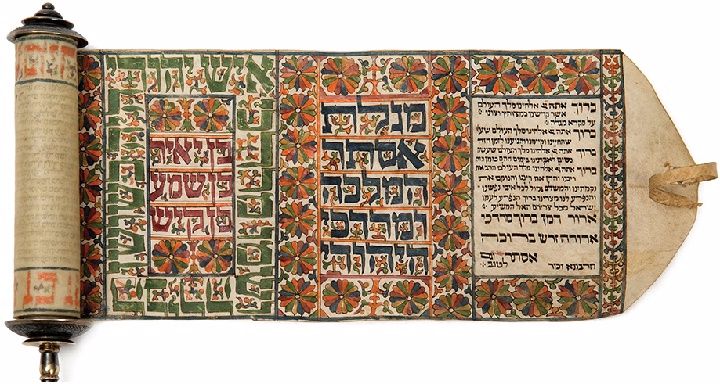At (virtual) @Tyndale_House this morning, @DrPJWilliams mentioned a number of passages in Scripture in which God’s people prosper despite external constraints.
One such passage is found at the start of the book of Exodus.
The first word we read in our text (after it has enumerated Jacob’s household) is ⟨vayyamot⟩ = ‘And he died’ (1.5).
The word ‘he’ refers Israel’s forerunner and guarantor of safety in Egypt—Joseph.
We read about the death of Joseph’s brothers,
the death of Joseph’s generation (1.6b),
and the rise of a new(born) king (1.8), who decrees the deaths of the newborn Hebrew boys (1.16).
Indeed, the word ‘life’ (חיה) (and its various derivatives) consistently occur throughout our text.
The Egyptians embitter the Israelites’ ‘lives’ (חיים).
And, when questioned by Pharaoh, the midwives say the Hebrew women are too ‘lively’ (חיה) to be controlled.
As such, Pharaoh’s plans backfire.
Yet, as a result of Pharaoh’s actions, the Israelites ‘multiply’ (רבה) even more rapidly than they previously have (cp. 1.12),
who will personally lead the Israelites up (עלה) out of the land (3.8).
His Babel-esque proclamation ends in disaster (cp. Exod. 1’s ‘Hava, nitchakemah!’ = ‘Come let us deal wisely!’ w. Gen. 1’s ‘Hava, nilbenah!’ = ‘Come let us build...’),
*true* wisdom begins with the fear of God (1.17, 21).
God establishes permanent ‘houses’ (בָּתִּים) for Pharaoh’s midwives (1.21).
Even the names of Moses’ mother, father, and sister—which we later learn (Exod. 6)—are withheld from us in Exodus 2.
which reflects the great honour they acquire in God’s eyes.
Yet, although the names of the midwives are clearly stated, their *identify* is not so clear.
But there’s no reason (as far as I can see) why it couldn’t refer to ‘(Egyptian) midwives who are *assigned* to the Hebrews’.
and the midwives themselves seem more accustomed to the way the *Egyptians* give birth (1.19), which a midwife of Hebrew stock is unlikely to have been.
either because it refers to Puah’s occupation (as a midwife) or because it’s a shortened theophoric name (cp. the epithet ⟨pʕpʕ.n-ꜣs.t⟩ = ‘he who Isis bore’).
since the name ‘Eve’ appears to derive from the word ‘life’ (cp. the interchangeability of Ugaritic ⟨ḤWY⟩ and ⟨ḤYY⟩),
Oddly, then, Eve comes from Adam’s rib and means ‘midwife’,
while ‘Shiphrah’ means ‘rib’ and *works* as a midwife,
...on which note of wild speculation I would probably do well to wrap up.
THE END.







